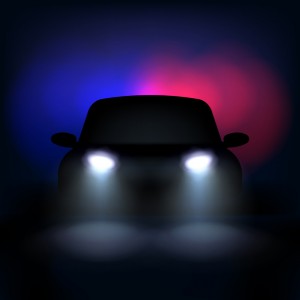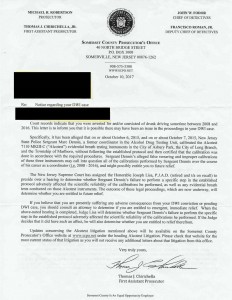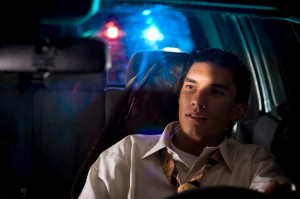
Just last week, we at the Edward M. Janzekovich law blog reported on Governor Phil Murphy and the New Jersey legislator’s decisions to leave legalized marijuana off of the last-minute state budget passed earlier this month. In a surprising and sudden turn of events, New Jersey Attorney General Gurbir Grewal issued an order on Tuesday to all county and municipal governments to suspend hearings in marijuana-related cases until early September. That means that all defendants who have pending or future marijuana charges against them will not have the charges against them prosecuted until after the end of August.
This could affect thousands of defendants across the state, and it could foreshadow legal marijuana legislation in the near future. At the same time, it could just represent an attempt to clarify and offer guidance to local governments across the state in order to make sure marijuana enforcement is uniform. Notably, the temporary adjournment does not direct police officers to stop making marijuana arrests, and there is no mention of how marijuana-related intoxicated driving enforcement (driving while high) will be treated.
Attorney General Gurbir Grewal’s Letter
The Attorney General’s letter came in response to a memorandum from the Chief Municipal Prosecutor of the City of Jersey City. It specifically aims to provide clarity and guidance about the scope of municipal discretionary authority, which suggests that the State Government in Trenton wants all marijuana offenses to be treated similarly across the state – without allowing individual towns and cities to decide how seriously to treat marijuana-related offenses. To the extent that marijuana has already been decriminalized, this could change how marijuana possession type crimes are treated entirely.
The letter specifically asks “that all municipal prosecutors in New Jersey seek an adjournment until September 4, 2018, or later, of any matter involving a marijuana-related offense pending in municipal court.”
DUI and DWI Due to Marijuana in New Jersey
Grewal’s Letter is short and does not specifically address the issue of marijuana intoxication and intoxicated driving. More importantly, the letter does not ask police departments to suspend arrests for marijuana related offenses. That means it is highly likely that that the new policy will not affect charges for driving under the influence of weed or driving while high as the result of consuming something with THC – the active ingredient in marijuana. Moreover, you can still be arrested and charged with possession before September.
Therefore, if you are pulled over and a police officer sees marijuana or smoking related paraphernalia, this could still cause the police officer to reasonably suspect you have been driving high. This could lead to additional tests, like a roadside sobriety test to determine if you are intoxicated, impaired, or illegally operating a vehicle under the influence of marijuana.
This notice is meant to alert all readers that the state’s position regarding legalizing marijuana – as well as the suspension on prosecution – should not change the state’s approach to prosecuting DUI or DWI due to marijuana. Similar to other states where marijuana has been legalized, the substance will be treated similarly to alcohol: while you will be permitted to use marijuana or alcohol recreationally, you will not be allowed to drive drunk or drive high.
New Jersey Intoxicated Driving Lawyer Edward M. Janzekovich Keeps You Informed About Marijuana and Driving
If you or someone you know is ever pulled over, arrested and/or charged with intoxicated driving, you should contact a good lawyer as fast as you can. A lawyer’s knowledge and experience really matter and can affect the charges brought against you, the punishment you receive, and can even get the case dropped or dismissed completely. To speak with an experienced New Jersey DWI/DUI lawyer about your situation, call us at 732-257-1137 or contact us online today. We serve clients throughout the state of New Jersey.












